Making Ice-Cream Soup a Preschool and Toddler Science Experiment
One of the bases for Chemistry is learning about solids, liquids, and gases and the processes that cause the change. This simple toddler and preschool science experiment is great to teach them about melting (older kids will love it to especially the reward at the end and it’s a great way for them to refresh their knowledge and it’s really easy to adapt for them as well!) So here we go our making ice-cream soup melting and freezing experiment for kids.

Exploring Melting with Toddlers and Preschoolers
Looking at the processes of melting and freezing are great science experiments to do with kids especially in the summer months when we need something to keep us cool and melting can be explored without the need to add heat.
This simple science experiment takes one of our favourite summer treats and explores what happens to it as it changes state.
You may want to also try the reverse of this experiment and explore freezing with our ice cream in a bag experiment.
Materials Needed for this Edible Chemistry Experiment
- 4 small dessert bowls
- Ice cream flavour of your choice
- A thermometre if you have one
- Stop watch or timer on a smart phone
Setting Up your Melting Experiment with Kids
- Place some of your favourite flavour of ice cream into each of the bowls.
- Place 2 bowls in the shade and 2 bowls in the full sun.
- Measure the temperature at each point.
Carrying out the Experiment
Now start the timer and get your kids to keep a close eye on which bowls will melt first.
The bowls that are in the sun will melt quicker as the temperature will be higher.
Then of course unlike a lot of science experiments you can get to enjoy it afterwards with a bowl of ice cream soup.
Books about Melting and Freezing for Kids
We have included affiliate links to some of the products and resources as an associate we may earn from qualifying purchases.
Here on Rainy Day Mum, we love to connect our simple science for toddlers and preschoolers with books and found these ones in our library which we loved so wanted to share them with you.
Wemberley’s Ice Cream Star by Kevin Henkes
Curious Pearl Explains States of Matter: 4D An Augmented Reality Science Experience
More States of Matter Experiments for Kids
Why not combine art and science with an ice paint experiment ideal for little ones to explore melting as well as colour mixing.
Exploring what makes things melt quicker and slower with this melting and freezing science experiment.
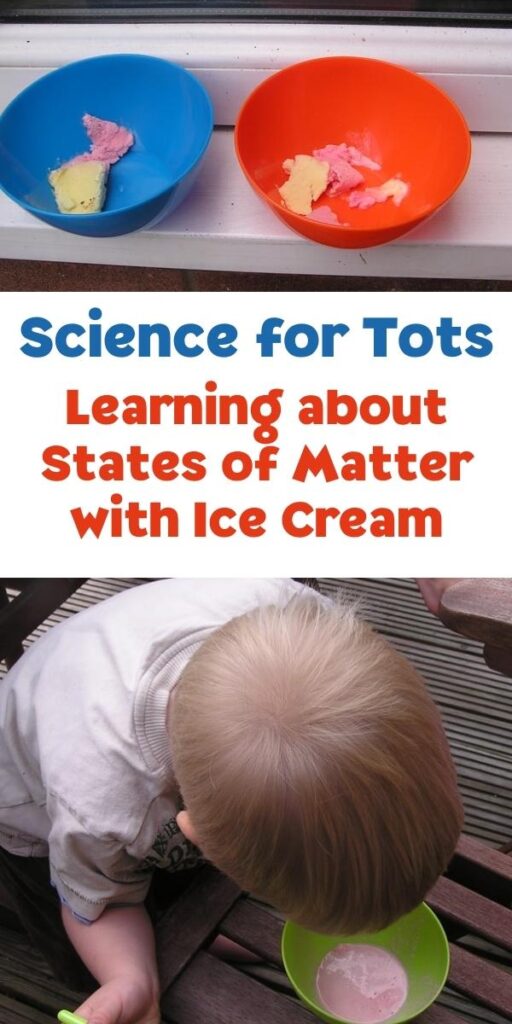
Cerys Parker
Cerys is a marine biologist, environmental educator, teacher, mum, and home educator from the UK. She loves getting creative, whether it is with simple and easy crafts and ideas, activities to make learning fun, or delicious recipes that you and your kids can cook together you'll find them all shared here on Rainy Day Mum.




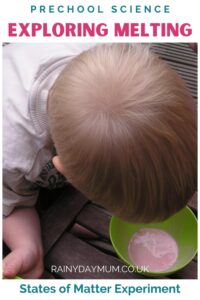
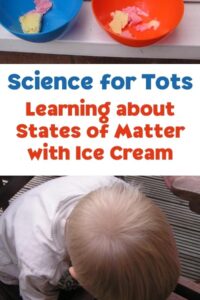

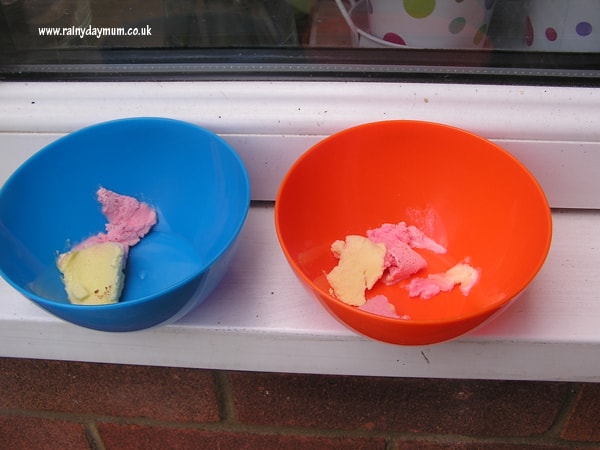
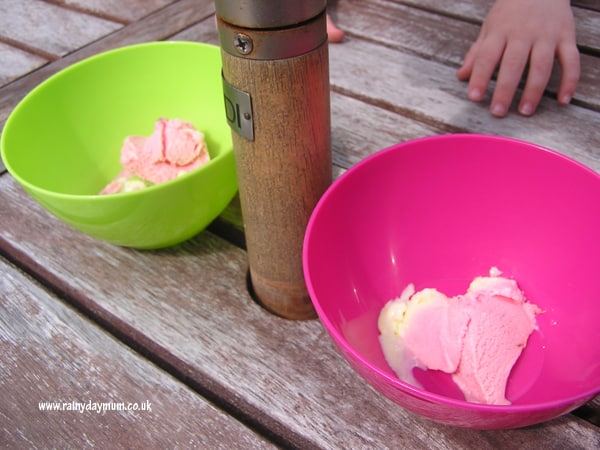
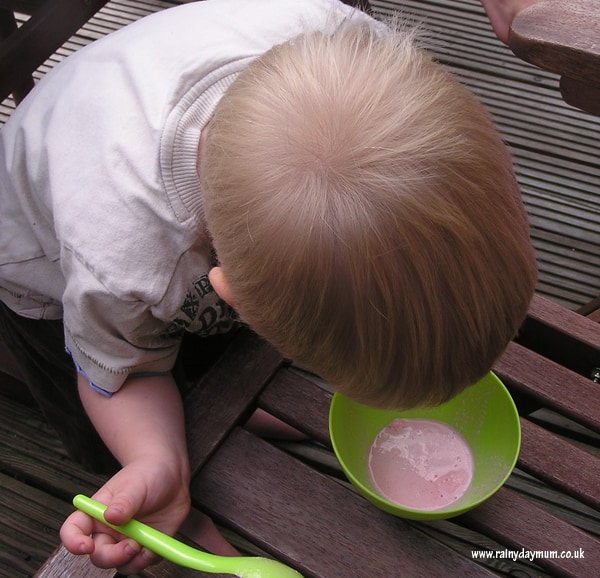
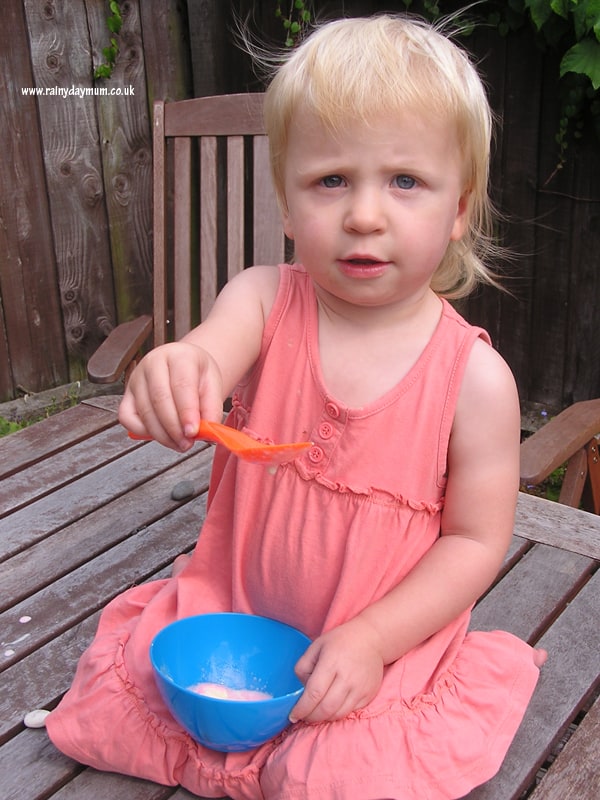


Fantastic idea! My 3 would think that was the best experiment ever!
Thanks for linking up. xx
How fun is that! Great idea…thanks for linking to the outdoor play party!
I’ve read about Wemberly in Wemberly Worried but I’ve never read this Henkes book. We’ll have to check it out. We LOVE icecream at our house.
This was my daughter’s favorite book when she was little and she always wanted to make Ice cream Soup with her ice cream 🙂 We followed Wimberly to school with our book with Wemberly Worried. Thank you so much for joining the Kevin Henkes Virtual Book Club!
Yum! Eating ice cream is the kind of activity that I like (even if it is melted). : )